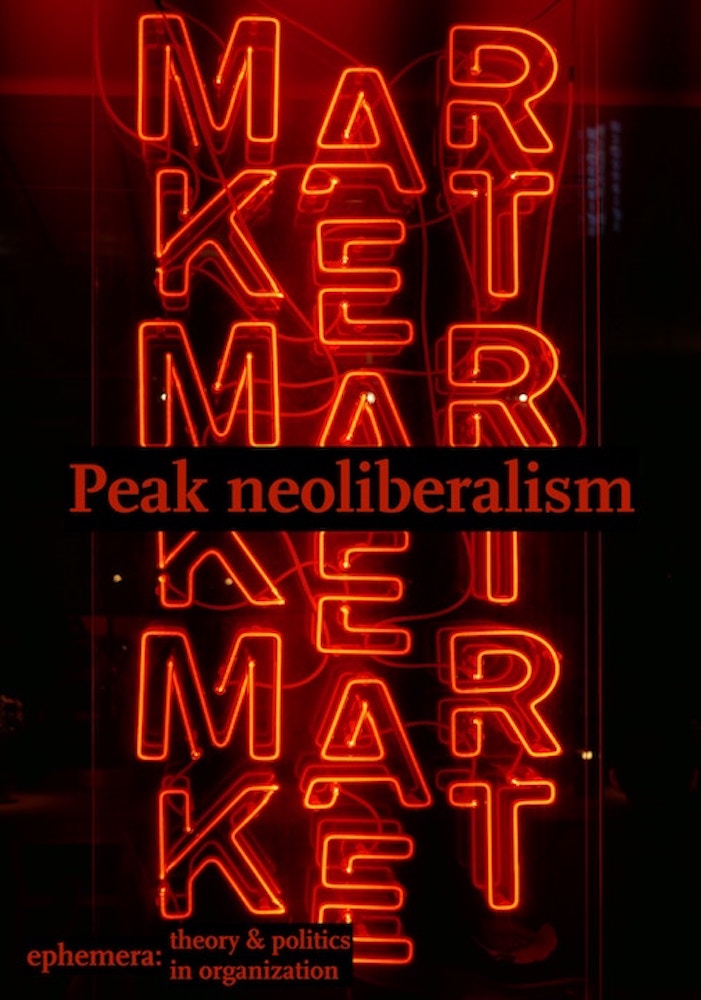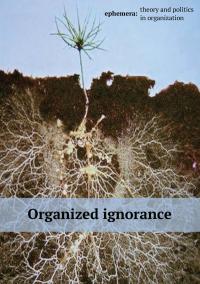Peak neoliberalism
Neoliberalism has become a ubiquitous term in popular and academic debates, used to describe a diverse and varied array of things. As a result, it has come to mean many different things to many different people. It is used as a concept to analyze organizational governance and restructuring, the marketization of organizational thinking and bureaucracy, the social reproduction of corporate managers, and the transformation of corporate governance. And much more besides. Neoliberalism’s increasing conceptual ubiquity has come at a significant price though. Such variety and diversity in intellectual analysis and substantive topic have produced a glut of diverse concepts, theories, analyses, and so on; while this medley can be seen as a necessary – and even fruitful – outcome of such a hybrid and heterogeneous process, it also has the potential side-effect of leaving us more confused than enlightened. This has led us to ask, have we reached peak neoliberalism? Is neoliberalism useful anymore as a concept? Contributors to this special issue revisit and rethink neoliberalism as an analytical tool and empirical object in order to critically evaluate these questions.





